8 developers that made incredibly different games back-to-back
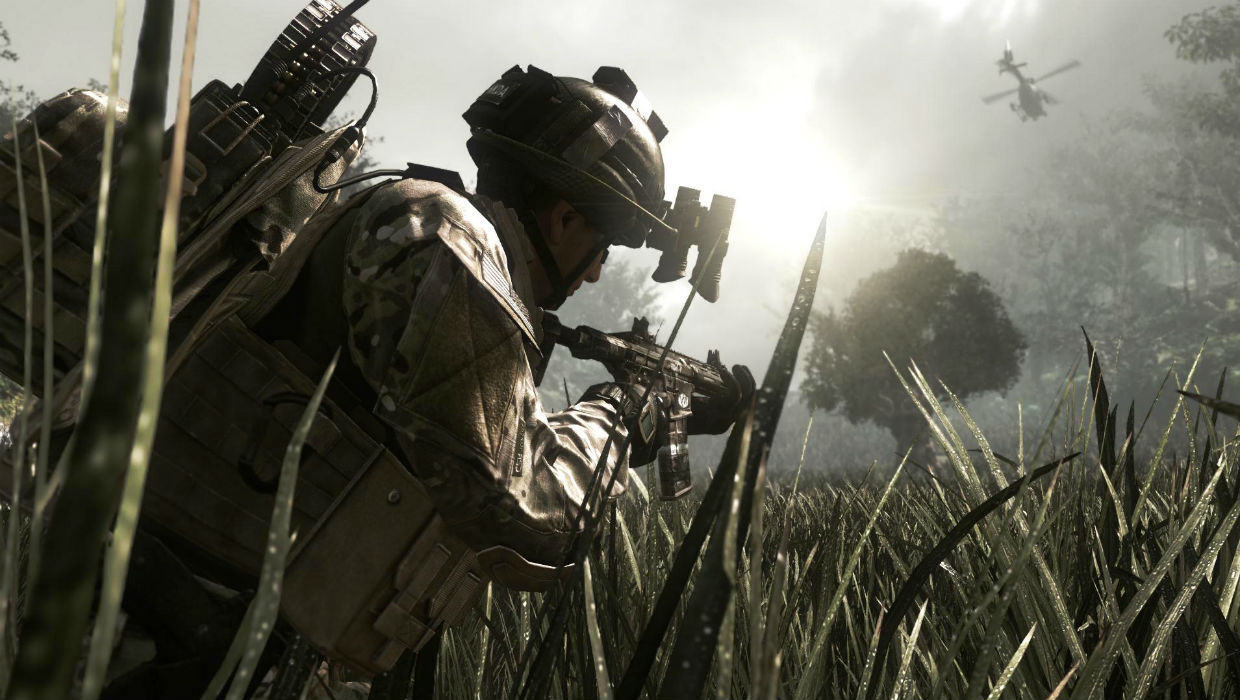
And now for something completely different...
There are a variety of factors that lead to most developers sticking with particular genres or single IPs; most gamemakers are subject to the decisions of a major publisher, and given the rough landscape of the industry, it often pays to go with what you know. Plus, after putting in so many years with a single engine, the prospect of trying something completely different can be pretty daunting.
However, with agile indie teams gaining attention (and often breaking new trends), you'll sometimes see the biggest bankrollers rolling the dice once in awhile to keep up. Oftentimes, it will give a developer a new lease on life, but once in a while, it can lead to disaster. Read on to see what happens when notable developers decide (or are forced) to depart from the norm.
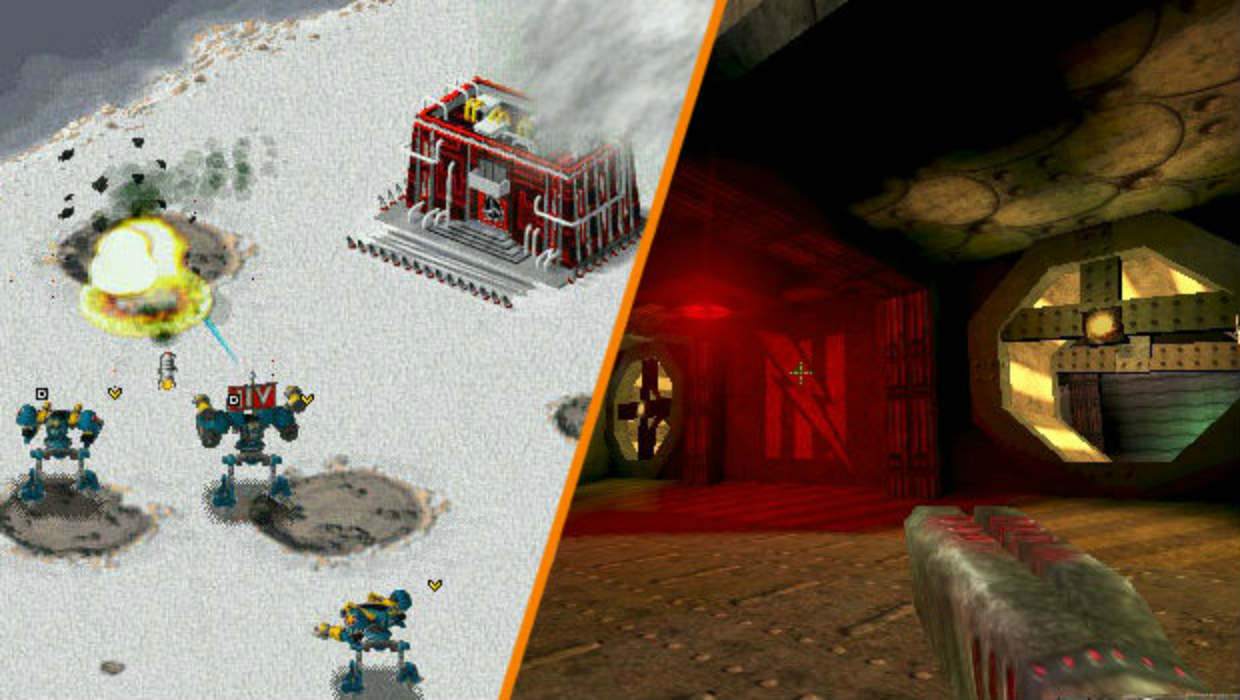
Epic MegaGames finds first-person in 1998
Up first: Epic MegaGames' development history in the mid-90s is the very definition of scattershot, including puzzles games, Cliff Blezinski's early adventure titles, mascot-based platformers, and strategy. In late 1997, Epic developed 7th Legion, a strategy game set in the post-apocalypse. In early 1998, Epic published Jazz Jackrabbit 2, a rare popular PC-exclusive platformer (albeit a firearms-filled sidescroller that had much more of an edge than the kid-friendly-fare on consoles). Whether you consider the outside work Orange Games did on Jazz Jackrabbit 2 enough to disqualify it as a true Epic product, even the grittier 7th Legion was far from a typical prelude to the team's next move.
The Change: In May of 1998, Epic redefined the FPS genre and their own direction with a new creation in conjunction with Digital Extreme. Titled Unreal, the sci-fi shooter had plenty of immediate success in a crowded genre, but the series' longer-lasting effect came in near-dozen follow ups that put far more of a focus on multiplayer (not to mention the Unreal Engine, whose newest iterations continue to power plenty of high-profile modern games). Within two years, almost the entirety of the developer's work would be first-person shooters and the team's name would jettison the overly 90s Mega.
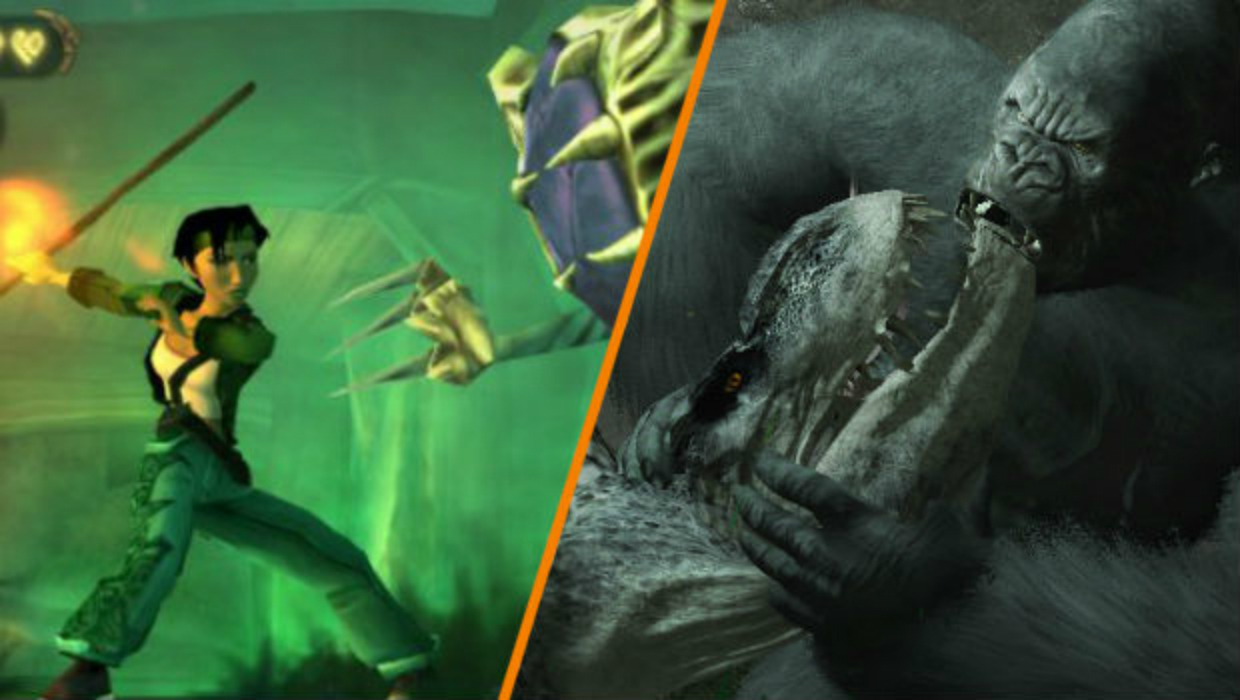
Ubisoft Montpellier turns off the cartoons in 2006 (and 2011)
Up first: Between the early (and current) success of Rayman, as well as the Wii-driven popularity of the Rabbids, Ubisoft Montpellier has been able to remain somewhat independent of the many other Ubisoft studios, most of which contribute to the publisher's more consistently-released titles like Assassin's Creed, Splinter Cell, and Far Cry. The developer usually keeps things lighthearted, as it did with Rayman games as well as Beyond Good and Evil during the PS1 and PS2 eras, on top of the Rabbids-and 2D-animated fare it mostly produced during the Xbox 360 and Wii's heyday.
The Change: Much how like a full moon can turn a normal human into a werewolf, it seems like console launches are the rare occurrence that make Montpellier a breeding ground for shooters (albeit artistically-tinged ones). When the Xbox 360 debuted, Michel Ansel and company created the realism-driven Peter Jackson's King Kong: The Official Game of the Movie (seriously, thats what it was called). In the time it took to say that extremely long title, the Wii U launch had popped up, leading the studio to take a break from reviving Rayman and bring true survival horror back to consoles in the form of ZombiU.
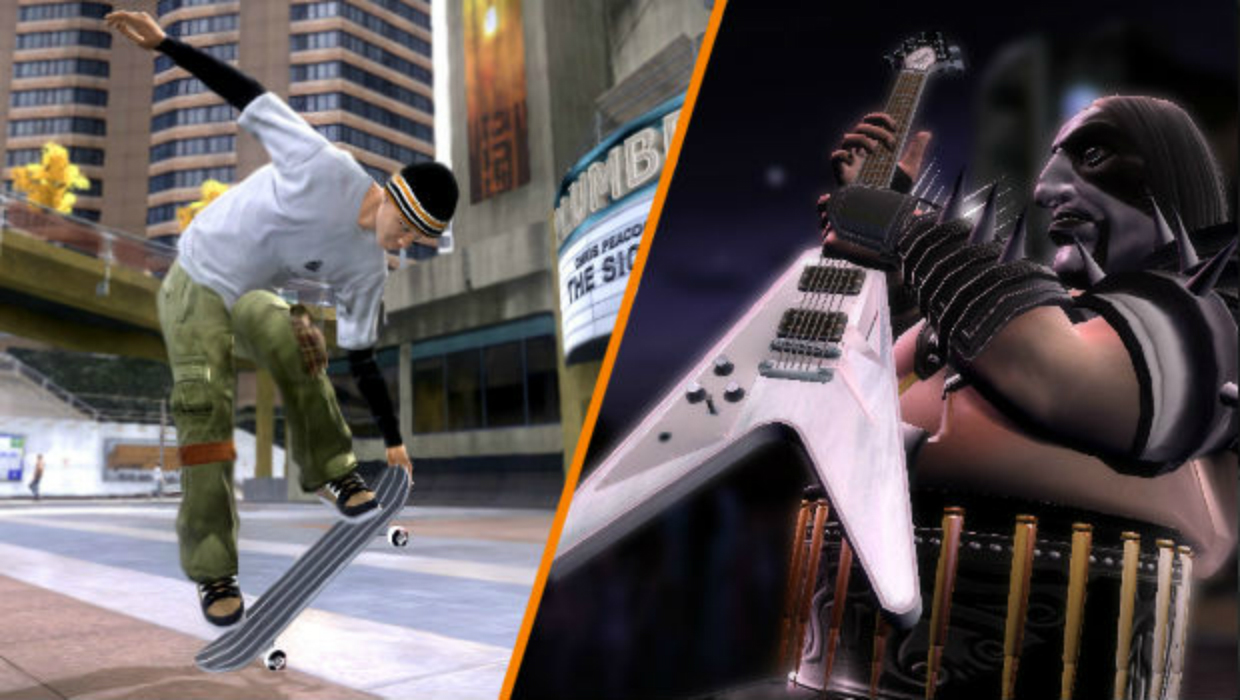
Neversoft drops the board, picks up a guitar in 2007
Up first: While Neversoft's early days were slightly tumultuous--see the team's canceled Ghost Rider project and the drastically-revised Apocalypse--the developer found some stability on a skateboard, developing and publishing a new Tony Hawk's Pro Skater game once a year for almost a decade. Even though the team had time to work on something different on rare occasion (like the first Activision-published Spider-Man game or the Xbox 360 western Gun), most of the team's efforts were focused on the Birdman's extreme sports brand.
The Change: When Harmonix parted ways with Activision in order to expand the ideas of Guitar Hero into the even bigger Rock Band franchise, Activision needed someone to wield the (extremely expensive) axe. With the Tony Hawk franchise waning in popularity after the transition from the previous generation, and Neversoft proving their expeditious development skills, I can understand why Activision would tap Neversoft to take on an entirely different franchise. Still, the jump to plastic-instrument band recreations after so many years of controller-based skateboard action must have been a major decision. Either that, or they jumped ship knowing their other option was creating a plastic accessory for Tony Hawk games, which was proven to be a fruitless endeavor.
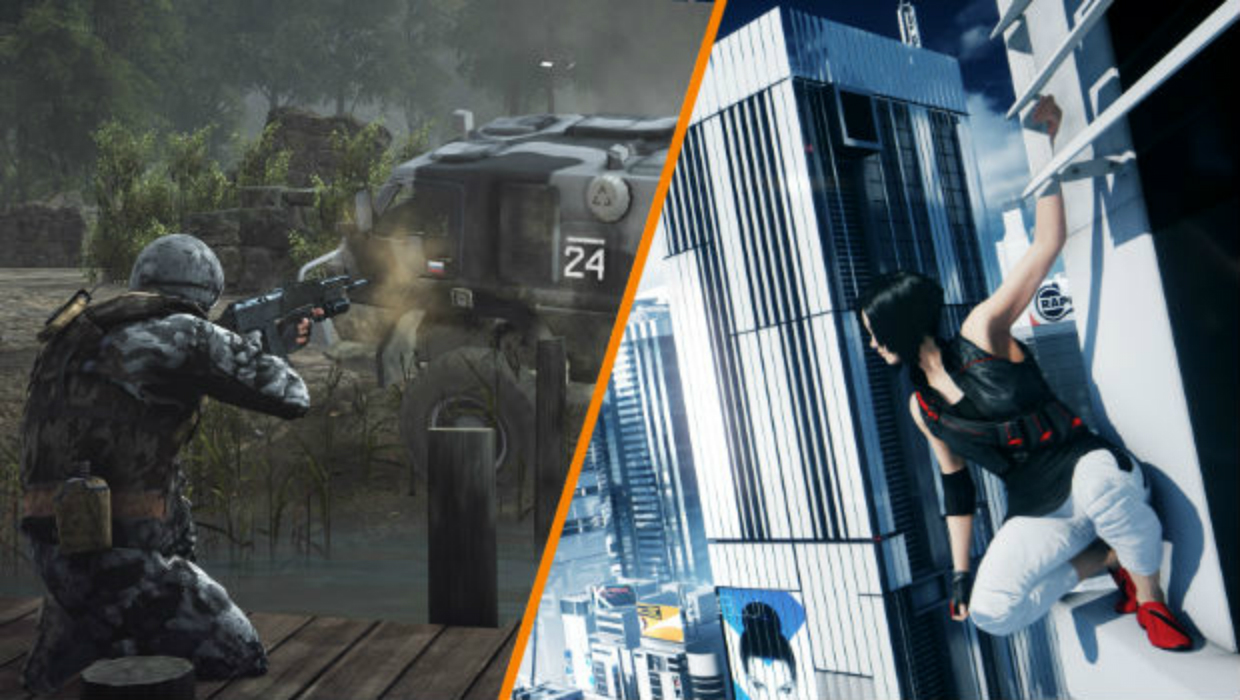
EA DICE trades guns for running shoes in 2008
Up first: Even though EA Digital Illusions Creative Entertainment existed for a decade before Battlefield (mostly producing pinball and racing titles), once the shooter took shape in 2002, it was the developer's bread and butter. Over the next half-decade, DICE rolled out six standalone games and another half-dozen add-ons, becoming one of the industry's pre-eminent shooter developers.
The Change: While DICE still continued to churn out Battlefield games at a rapid pace, 2008 allowed the team to experiment with a nice change of pace called Mirror's Edge. In drastic contrast to the online-focus and huge maps of its Battlefield iterations, Mirrors Edge was a stylized first-person action-platformer that put more of an emphasis on solo, speed-based parkour. While there was still a combat element to Mirror's Edge, in a refreshing twist, using firearms was completely optional; in fact, there's an Achievement doled out for never firing a single bullet! Imagine if that was option in Battlefield 4...
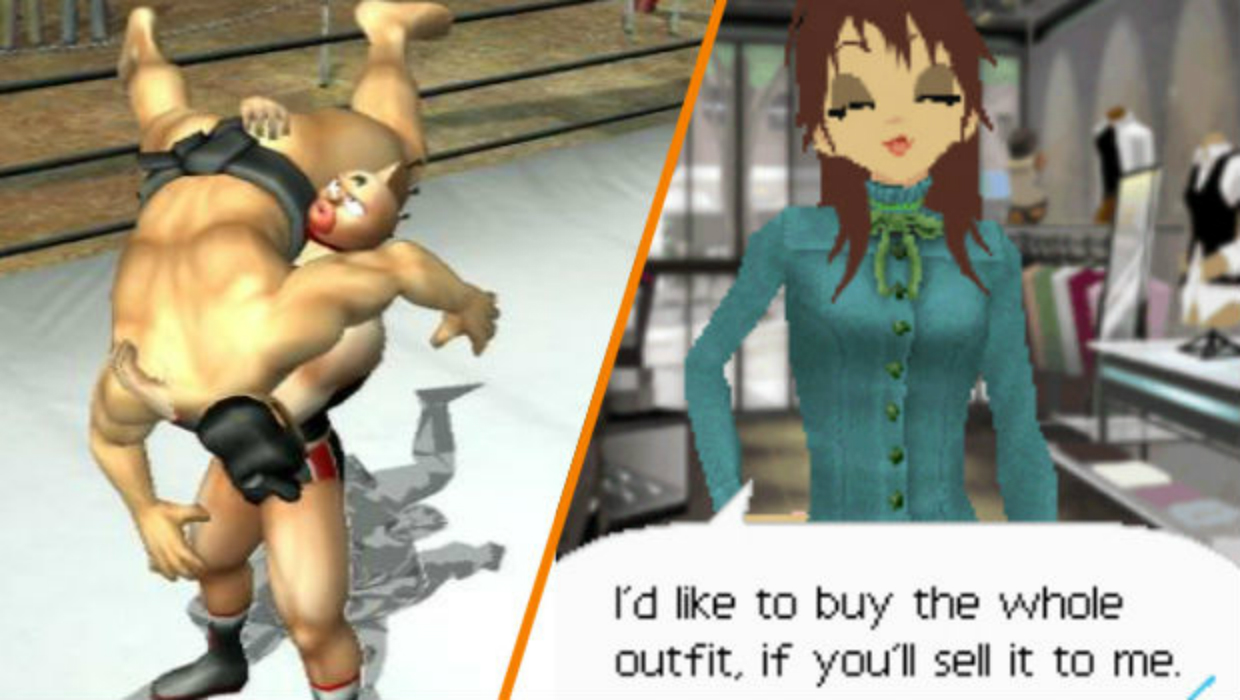
Aki undergoes the greatest gimmick change in games entertainment history in 2008
Up first: Even though they worked on a handful of combat-free titles, Aki's greatest success came in the squared circle. Whether it was WCW, WWE, Def Jam, or M.U.S.C.L.E toys, you could count on Aki to deliver the best wrestling video games in the world. However, by the mid-2000s, the contraction of popular worldwide wrestling organizations left Aki out of the ring. In September of 2008, Kinnikuman Muscle Grand Prix 2 Tokumori came to the PlayStation 2 in Japan, the final gasp of life from the miniature grappler toy line in any territory.
The Change: In the biggest attitude changes in gaming history, Aki became Syn Sophia and delivered a much different game the next month, bringing Wagamama Fashion: Girls Mode to the Nintendo DS in October of 2008. Known in the US as Style Savvy, the ladies fashion game kicked off a new focus for the developer, working on that and another Japan-only franchise called Pretty Rhythm. However, Syn Sophia did lend its talents to a Japan-exclusive Yakuza spin-off that utilized the Def Jam engine and released on PSP in 2010. Who knows if this former champion will ever make a true comeback, or if its destined to stay in the make-up aisle?
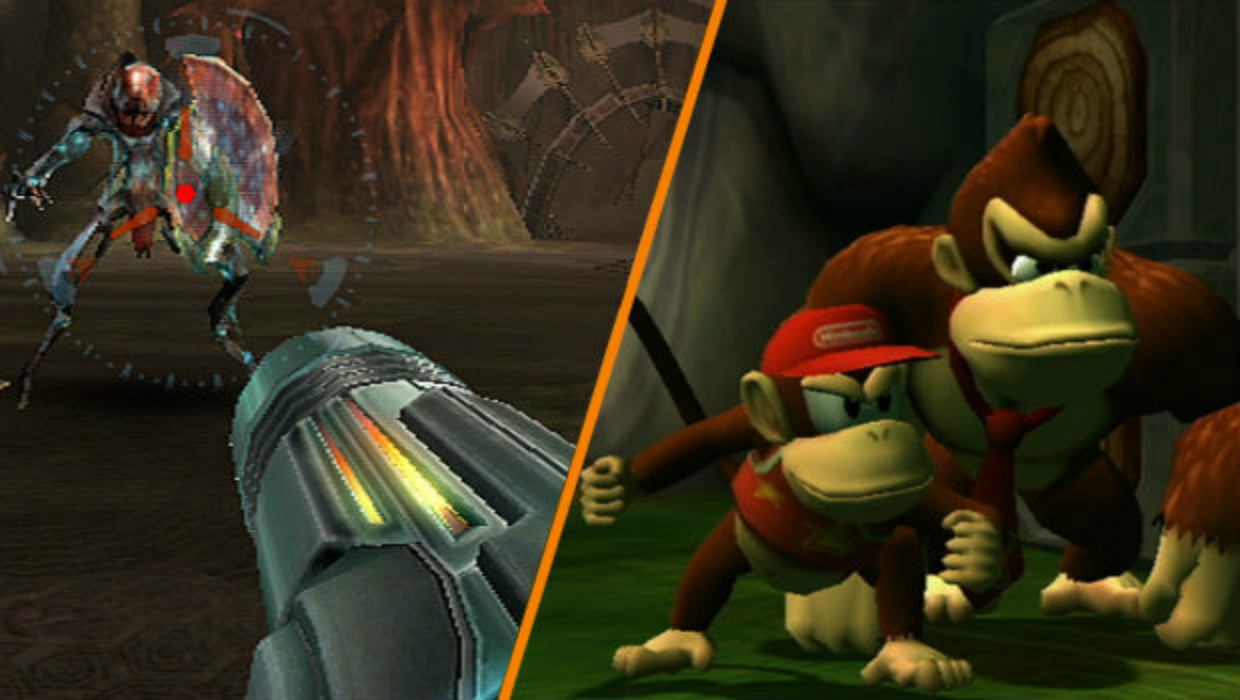
Retro Studios goes bananas in 2010
Up first: After the studio was given the greenlight for its first published project in 2000, most of the first decade of Retro Studios' existence was dedicated to one of Nintendo's most forward-thinking franchises: Metroid Prime. From the premiere FPS iteration of the franchise on GameCube in 2002 to the update/compilation package Metroid Prime: Trilogy on the Wii in 2009, the studio was unflappable in its creation of high-quality, atmospheric, first-person sci-fi action.
The Change: Unfortunately, fans came out in fewer numbers for each new Metroid Prime, and the need for Nintendo to revive another dormant franchise became a higher priority for Retro. A new decade put another of Nintendo's most prized IP in the hands of an American developer, as Retro Studios brought back Donkey Kong Country in 2010. Since then, the developer has ported the revival to the 3DS and created a sequel in the form of Donkey Kong: Tropical Freeze, taking a slight detour to help recreate retro tracks in Mario Kart 7. Given that move, could we see the developer again change course in a big way soon?
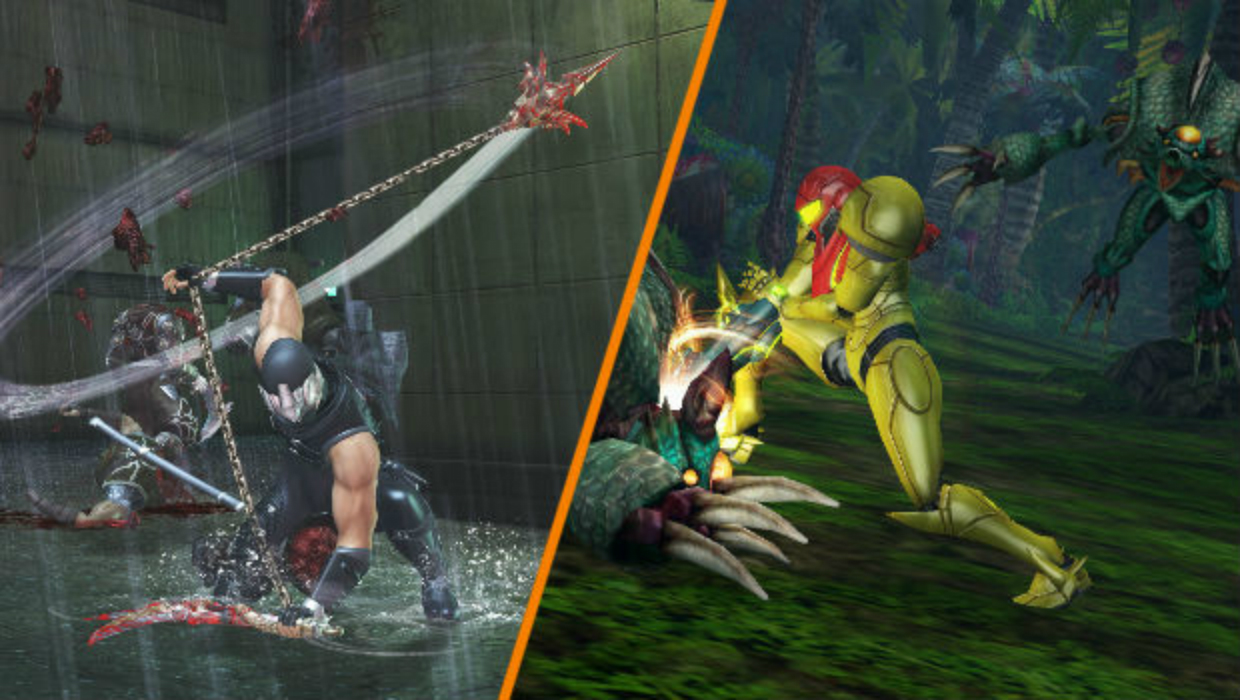
Team Ninja (briefly) quits karate in 2010
Up first: From its inception in the late 90s all the way up to today, Team Ninja has been laser-focused on two closely-knit franchises; the fighting series Dead or Alive and the hack-and-slash action of Ninja Gaiden. Between the former's jiggle physics and the latter's constant violence, the house that Itagaki built made it known it wasn't afraid of tackling Mature-rated content.
The Change: While the previously-mentioned Metroid Prime games were never mistaken for kiddie fare, Nintendo saw fit to revamp its sci-fi franchise to incorporate a deeper story and new action-focused gameplay elements. Nintendo called upon Team Ninja to recreate the series, which was initially met with excitement. Unfortunately, fans didn't take kindly to Metroid: Other M's overwrought narrative and its odd mix of side-scrolling action and weird first-person sequences. Hopefully Team Ninja didnt do irreparable damage to Metroids reputation. Since that late 2010 release, we haven't seen any hard proof that Nintendo is willing to give Samus another solo adventure.
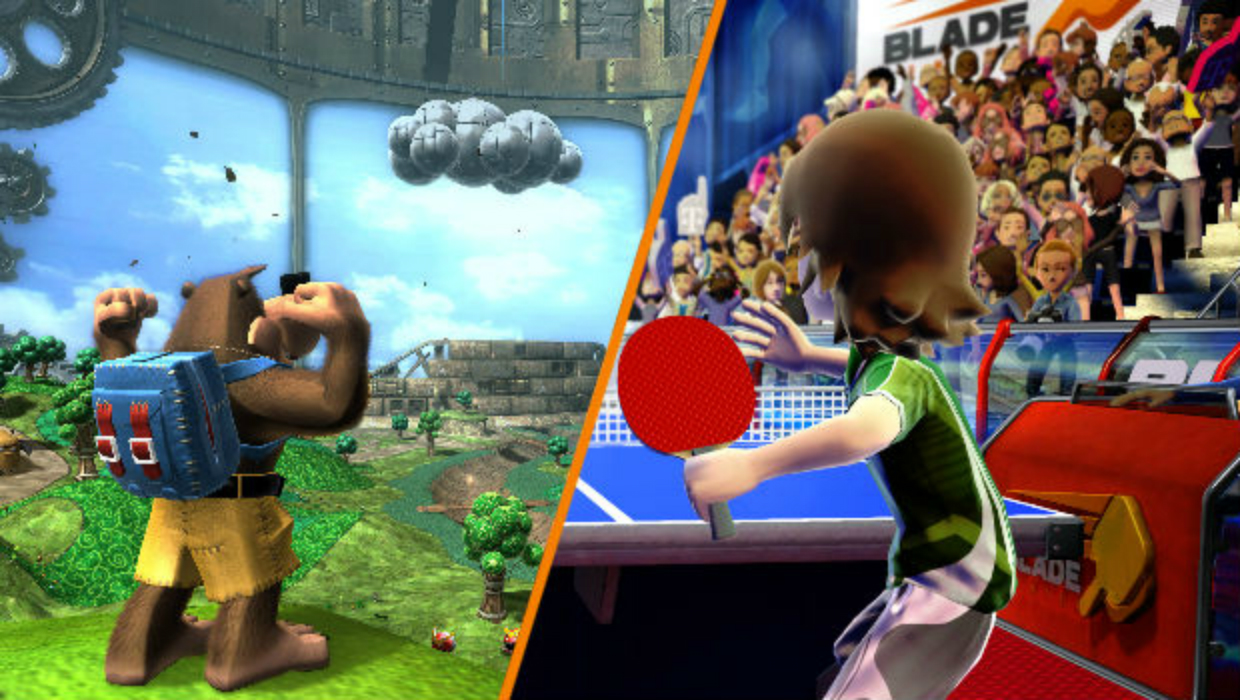
Rare goes better with Kinect in 2010
Up first: From its early days working on licensed fare and Battletoads to the magical period in the mid-90s where it spawned Donkey Kong Country, Killer Instinct, Banjo-Kazooie, Conker, and the two finest shooters in N64 history, Rare could be counted on to deliver the finest western-developed games on Nintendo consoles, and sometimes they weren't even E-rated!
The Change: Even if the team's batting average dipped a bit after they were purchased by Microsoft in 2002, the charm (and most IPs) remained with Rare. Sure, games like Grabbed by the Ghoulies and Kameo failed to make a lasting impression, and the Xbox iterations of Perfect Dark and Conker couldn't live up to the lofty standards of its Nintendo-based predecessors, but when it came to kids stuff like Banjo Kazooie and Viva Pinata, Rare still showed glimmers of hope. Then the Kinect came out. Since the integration of Microsoft's motion-sensing platform in 2010, Rare has spent the better part of the last half-decade solely crafting new entries in the Kinect Sports series. While none have been outright flops, it's tough to find the trademark Rare charm in these minigame compilations.
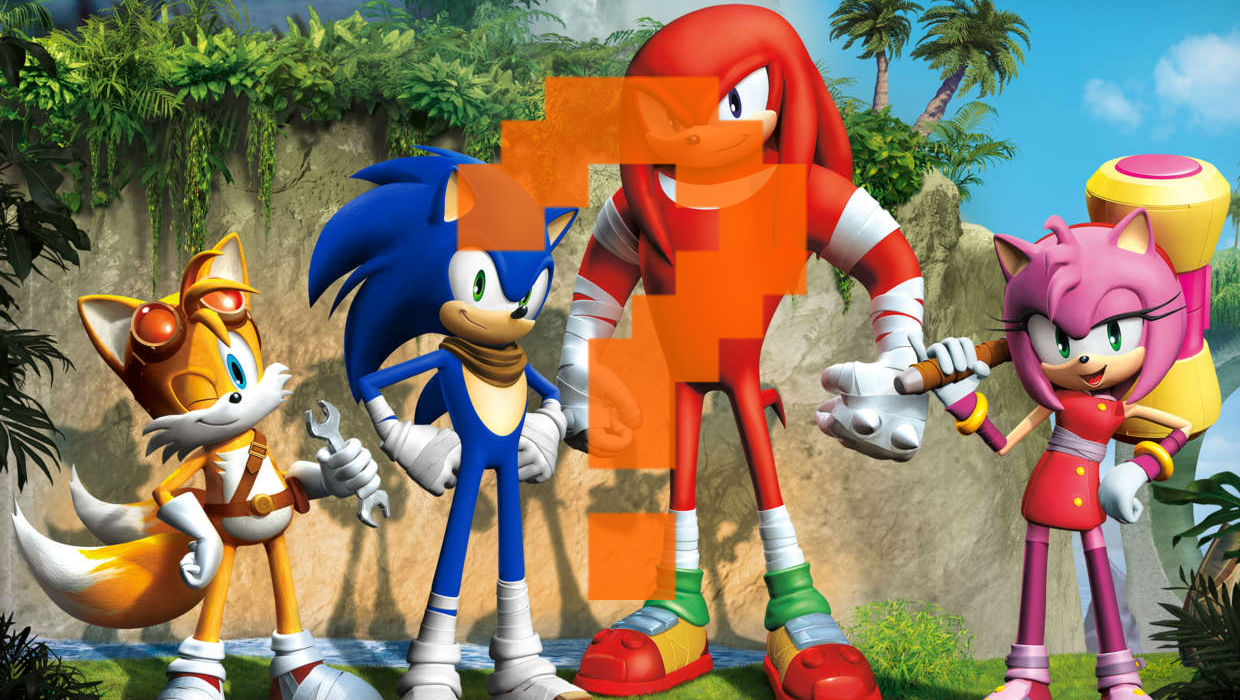
Makeover time!
While we're sure to see other big-name developers try something completely new during this tumultuous next-gen time, this list showcases the fact that it can sometimes lead to successful reinvention, even if theres a Metroid: Other M left in the wake from time to time. Can you think of any other development teams that have made such drastic shifts? Bring them up in the comments below!
Looking for more makeovers? Check out these 9 games you wouldn't recognize in their original form and the Top 7 character revamps!



